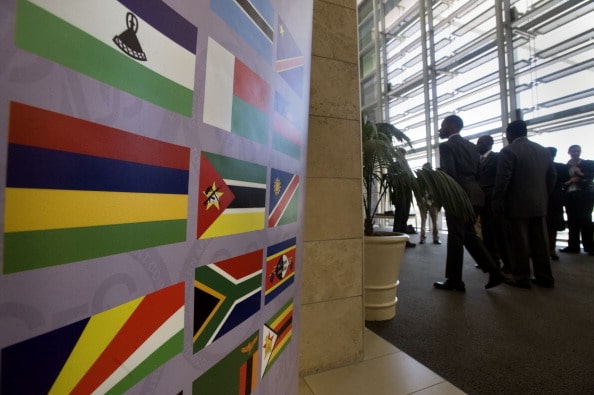In celebration of 2019 as the International Year Of Indigenous Languages, SADC has adopted a language from its east African brothers and sisters. Not only will Swahili be recognized as an official language, but will be recognized as a mode of communication in business in all sectors and the environment.
Last week the Pan South African Language Board (PanSALB) welcomed the declaration by the Southern Africa Development Community (SADC) to adopt kiSwahili as its fourth official language of communication.
The announcement came as the world celebrated 2019 as the International Year Of Indigenous Languages and was announced during the SADC 39th heads of summit in Tanzanian at the Julius Nyerere International Conference Centre to ensure that the marginalization of African languages as languages of business was dealt with.
“This milestone achievement towards recognition and elevation of indigenous African languages across the SADC region forms part of the greater effort in ensuring development, usage and intellectualisation of our heritage languages,” said the Chairperson of the Board, Dr David wa Maahlamela.
READ MORE | A New Language Doesn’t Hamper Kids Learning. Other Things Do
Existing official languages of SADC currently are English, Portuguese and French.
Africa is the only continent where a majority of the languages taught in schools are international foreign languages such as Arabic, English, French, Portuguese and Spanish.
“KiSwahili would be adopted at the level of Council and Summit, first as a language for oral communication, before eventually being adopted for written official communication within SADC,” says GCIS.
This would make Kiswahili the first indigenous language to be used by the bloc as an official language at inter-state level.
It is already an official language of the African Union.
“KiSwahili is an impeccable point of departure in safeguarding integrative multilingualism inclusive of indigenous languages,” Maahlamela said.
It is also the official language of Kenya, Tanzania and Rwanda with over 100 million speakers.
“We have for long been very much concerned that not only South Africa has experienced the marginalisation of indigenous languages, but also our SADC region, where mostly English language took prominence amongst others.
“South Africa as a member state has a huge responsibility ahead in ensuring that indigenous language not only becomes communication languages, but also business languages in all sectors and environment,” Maahlamela concluded.
READ MORE |
